
写在前面
公元2805年,人类文明高度发展,却因污染和生活垃圾大量增加使得地球不再适于人类居住。地球人被迫乘坐飞船离开故乡,进行一次漫长无边的宇宙之旅。临行前他们委托Buynlarge的公司对地球垃圾进行清理,该公司开发了名为WALL·E(Waste Allocation Load Lifters – Earth 地球废品分装员)的机器人担当此重任……
在上科大Sören Schwertfeger教授的办公室,我们看到了从电影中走出来的机器人瓦力,让我们跟随它的脚步,一同走进信息学院自动化与机器人中心的MARS实验室,探寻机器人的奥秘。
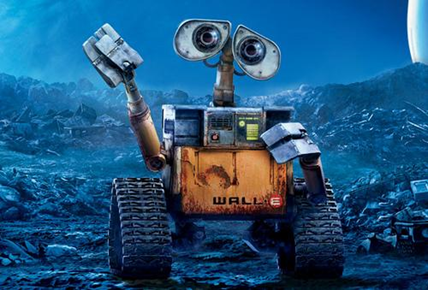
教授简介
Sören Schwertfeger(师泽仁)
上科大信息学院副教授、STAR中心联合主任、自主移动机器人(MARS Lab)实验室负责人
研究领域:
•Mobile Robotics(移动机器人)
•Mobile Manipulation(移动操控)
•Mapping, Map Representation and Simultaneous Localization and Mapping (SLAM)(地图绘制、地图表示以及即时定位与地图构建 (SLAM))
•Robot Autonomy and Artificial Intelligence(机器人自动化和人工智能)
学生培养:现有13名学生(3博10硕),已毕业14名学生(2博12硕);
办公室:SIST 1D-201.A
实验室:SIST 1D-203
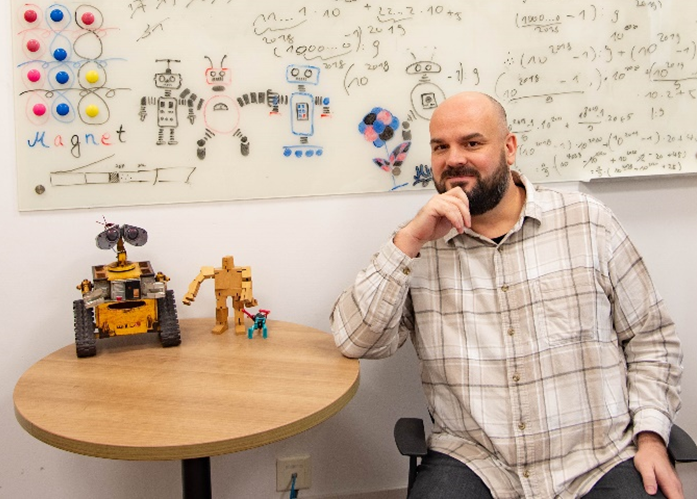
图|Schwertfeger教授和他的瓦力机器人
Chapter 1——PAST►
--为什么选择了机器人
Q:请问您为什么选择机器人与自动化这个研究方向?有什么特别的原因吗?
A:Well, I am a nerd, so I have always loved technology, computers, space and science fiction. That’s also why I chose to study computer science. For the last two years of my degree in Germany we had to take part in a big group project. With several of my classmates I chose to do a robotics project – which I loved to do. So naturally, when I decided to pursue a PhD it was also in the robotics field. There are several cool things about robotics research. For one, it is something where also the general public can easily understand what the goal of the research is – even though they most often vastly underestimate the technical challenges of robotics. Furthermore, I really do believe that robotics will be one of the most important industries. I think at some point in the future every household will own at least one general purpose mobile robot – as will lots of companies. In so far, I am convinced that the future robotics industry will be bigger than the car industry today.
我是一个“书呆子”,所以我一直喜欢科技、计算机、太空和科幻小说,这也是我选择学习计算机科学的原因。在德国求学的最后两年中,我需要参加一个大型集体项目,当时我和几个同学选择做一个我们热爱的机器人项目。因此,当我决定攻读博士学位时,自然也就选择机器人领域。研究机器人是一件很酷的事情:一方面,大众可以很容易地理解这项研究的目标是什么——尽管他们通常大大低估了开发机器人所面临的挑战;另一方面,我始终相信机器人将成为最重要的行业之一:在未来的某个时候,每个家庭和许多公司都会拥有至少一个移动机器人。到目前为止,我坚信未来的机器人行业将比如今的汽车行业更加庞大。
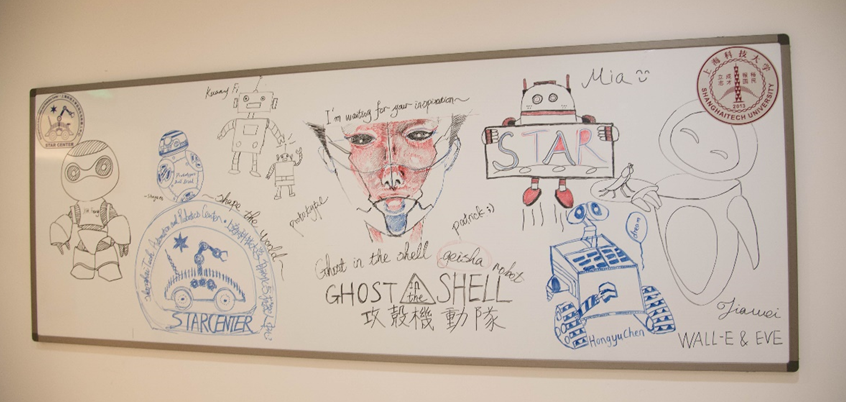
图|STAR中心海报
Chapter2——NOW►
--教授在研究什么,机器人领域的现状是什么
Q1:请您为我们介绍一下您的几个研究领域以及实验室完成的或者目前正在进行的一项您觉得很有趣的科研成果?
A:I am a computer scientist doing research on algorithms and software for robotics and AI. I love robotics and we have a number of nice robotic systems in my lab. I am interested to have robots perform tasks autonomously, and most of my research is geared towards this goal. Some of my students work on more theoretical aspects of robotics, computer vision and AI, but mostly our work is geared towards cool robotic demos that may actually be useful.
One project I am quite excited about is our ShanghaiTech Mapping Robot. This robot has a sensor-suite never before seen on a mobile robot – in terms of number of sensors and the amount of data collected. Those datasets will be invaluable for research on robotic perception! We have been working on this for several years and now it is finally close to be finished!
我是一名从事算法和机器人人工智能软件研究的计算机科学家。我热爱机器人技术,在我的实验室中有很多出色的机器人系统。我对让机器人自主执行任务很感兴趣,我的研究大部分都朝着这个目标发展。我的一些学生则专注于机器人技术、计算机视觉和人工智能的理论方面,但我们的工作主要面向可能实际有用的酷炫机器人演示。
其中一个让我非常兴奋的项目是我们的上海科技大学建图机器人。这个机器人拥有以前从未在移动机器人上见过的传感器套件——无论是传感器数量还是数据采集量方面。这些数据集对于机器人感知领域的研究将非常宝贵!我们已经致力于这个项目数年,现在它终于接近完成了!
Q2:请问您认为当下移动机器人发展最大的困难瓶颈、与最具有可能性和发展前景的方面分别是什么?
A:There are still several challenges in robotics, from battery technologies, improved sensors (size, data quality, ruggedness, etc.), motors and motor control to software engineering, perception and AI. Luckily there is good progress in all of these areas, also because other industries like car manufacturers or smartphone companies are spending billions on R&D for batteries, motors, sensors, computation and algorithms.
One of the most challenging problems is, that currently all robots are basically very stupid. They might fail on problems that a 2-year-old child may easily solve – especially if they encounter a situation that was not foreseen by the programmer of the robot. This is also where recently one of the most exciting developments for robotics happened. With the rise of Large Language Models like ChatGPT, we have the hope that there will be AI systems with general intelligence soon. There is now lots of research on utilizing such systems to make robots truly smart and thus truly capable.
在机器人领域仍然存在着很多挑战,包括电池技术、传感器的改进(大小、数据质量、坚固性等)、电机和电机控制、软件工程、感知和人工智能。幸运的是,这些都在不断的改进中,这也得益于汽车制造商或智能手机公司等其他行业在电池、电机、传感器、计算和算法的研发上投入了数十亿的资金。
最具挑战性的问题之一是,目前所有的机器人基本上都非常愚笨。它们可能在一些两岁儿童可以轻松解决的问题上失败,特别是当它们遇到程序员未曾预料到的情况时。最近,机器人领域发生了最令人兴奋的进展。随着ChatGPT等大型语言模型的崛起,我们有希望很快会有具备通用智能的人工智能系统。现在有很多研究致力于利用这样的系统使机器人真正聪明、真正有能力。
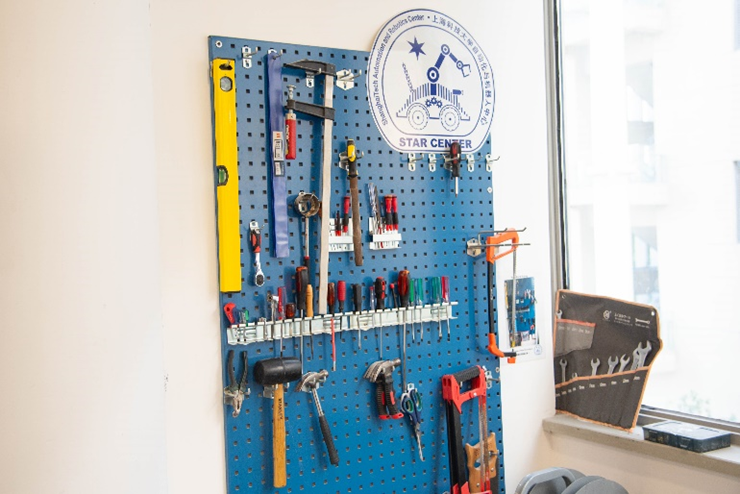
图|Schwertfeger教授的实验室
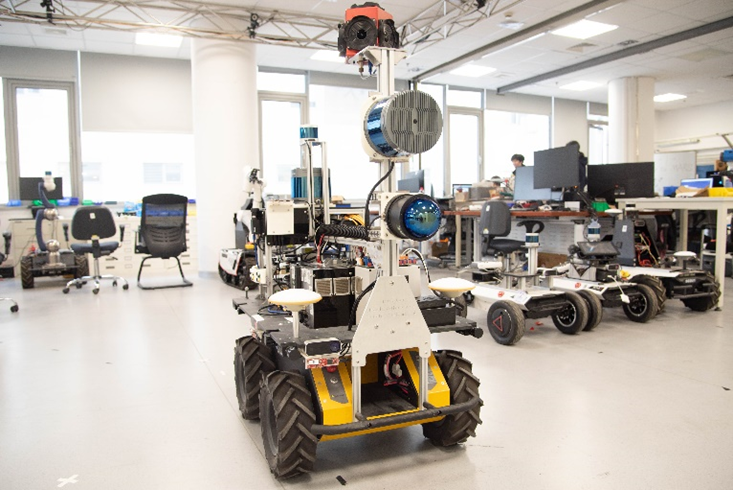
图|Schwertfeger教授实验室的机器人
Chapter3——FUTURE►
--机器人领域需要什么样的科学家?
Q1: 对于想要在这几个领域深入研究与探索的同学,您认为哪些课程的学习、技术技能、实践经历是需要大家学习或者掌握的?
A:Robotics is a very interdisciplinary field. We need excellent electrical engineers, mechanical and mechatronics engineers, software developers as well as algorithm and AI researchers. Recently, the STAR Center has hired several new faculties and in SIST we now cover most of the above-mentioned areas. So, it almost doesn’t matter what your technical background is – there is still plenty of research to be done in all areas of robotics. In general, researchers should be good team players, have creative ideas, strong self-motivation and perseverance to work through all difficulties to achieve your goals.
机器人学是一个非常跨学科的领域。我们需要优秀的电气工程师、机械和机电一体化工程师、软件开发人员以及算法和人工智能研究人员。最近,STAR中心聘请了几位新的教职员工,在SIST,我们现在涵盖了上述大部分领域。所以,你的技术背景几乎不重要 - 在机器人学的所有领域还有大量的研究工作要做。总的来说,研究人员应该是良好的团队合作者,具有创造性的想法,强烈的自我动力和毅力,以克服所有困难,实现你的目标。
Q2:请问您认为一名优秀的学生和一名优秀的科研工作者的衡量标准是什么?他们的区别又是什么?您喜欢与具有什么样能力、品质或性格的人一同工作?
A:It’s very difficult to know beforehand which students/ researchers will be excellent. There are two main approaches: 1) extrapolate from the past and 2) trying to judge the students’ skills, knowledge, talents and personality from the material and interviews.
Looking at their grades and performance in projects or competitions is a good way to see how the students did in the past. Interviews are also very important. Every professor likes intelligent, knowledgeable, hardworking students that work well in a team but can also finish a project by themselves. Personally I believe that students should be self-motivated to do research, so I usually do not push them a lot – instead I hope that we will find a research topic that they are excited in.
预先知道哪些学生/研究人员会出色是非常困难的。有两种主要方法:1)从过去做出推断,2)从材料和面试中努力评估学生的技能、知识、才能和个性。
观察他们过去的成绩和在项目或比赛中的表现是了解学生过去表现的好方法。面试也非常重要。每位教授都喜欢聪明、知识丰富、勤奋的学生,他们在团队中表现出色,但也能独立完成项目。就个人而言,我认为学生应该有自我激励的研究动力,所以我通常不会过多推动他们——相反,我希望我们能找到一个他们感兴趣的研究课题。
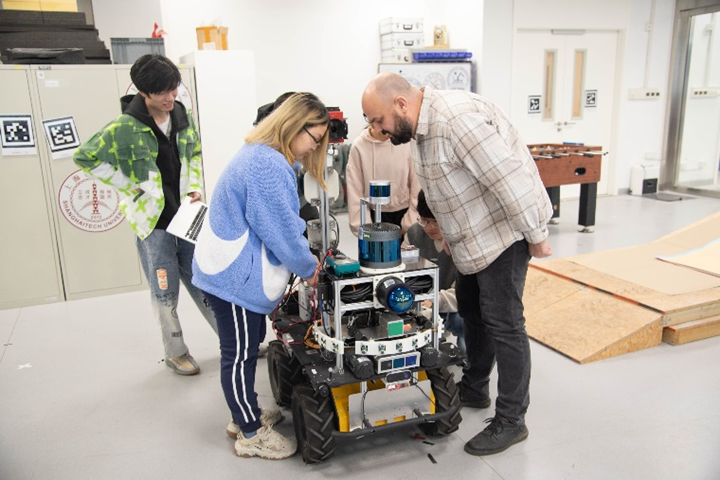
图|Schwertfeger教授在指导同学们进行研究
探寻SIST教授的故事将不定期更新,如果你有感兴趣的教授,有想要咨询的问题,请在文末留言哦!




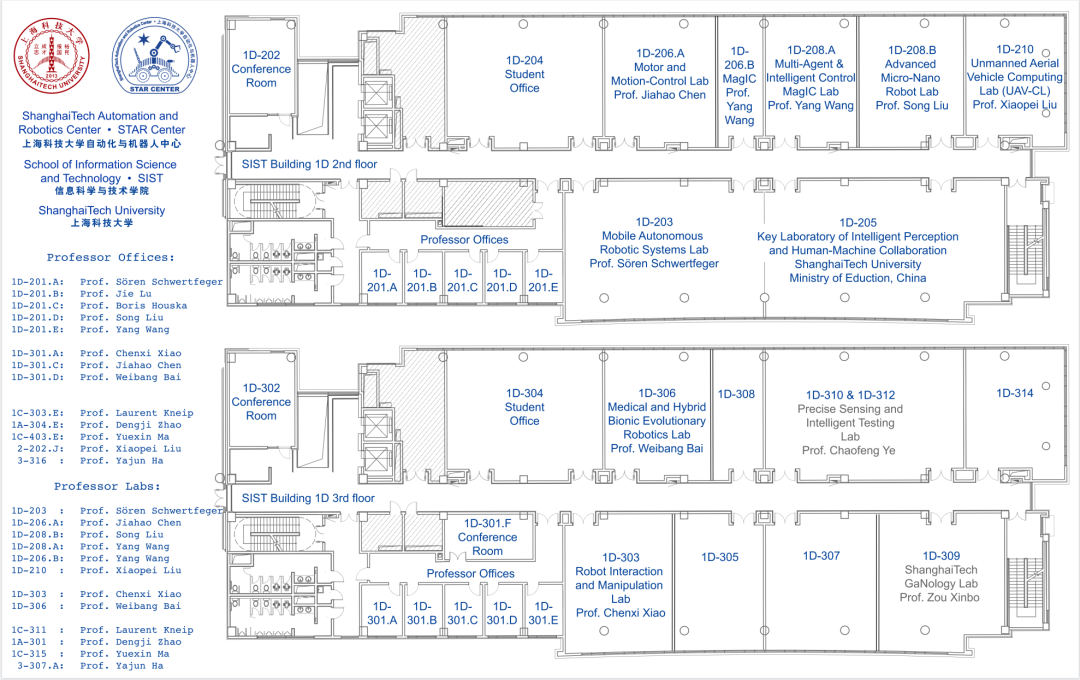

 沪公网安备 31011502006855号
沪公网安备 31011502006855号


